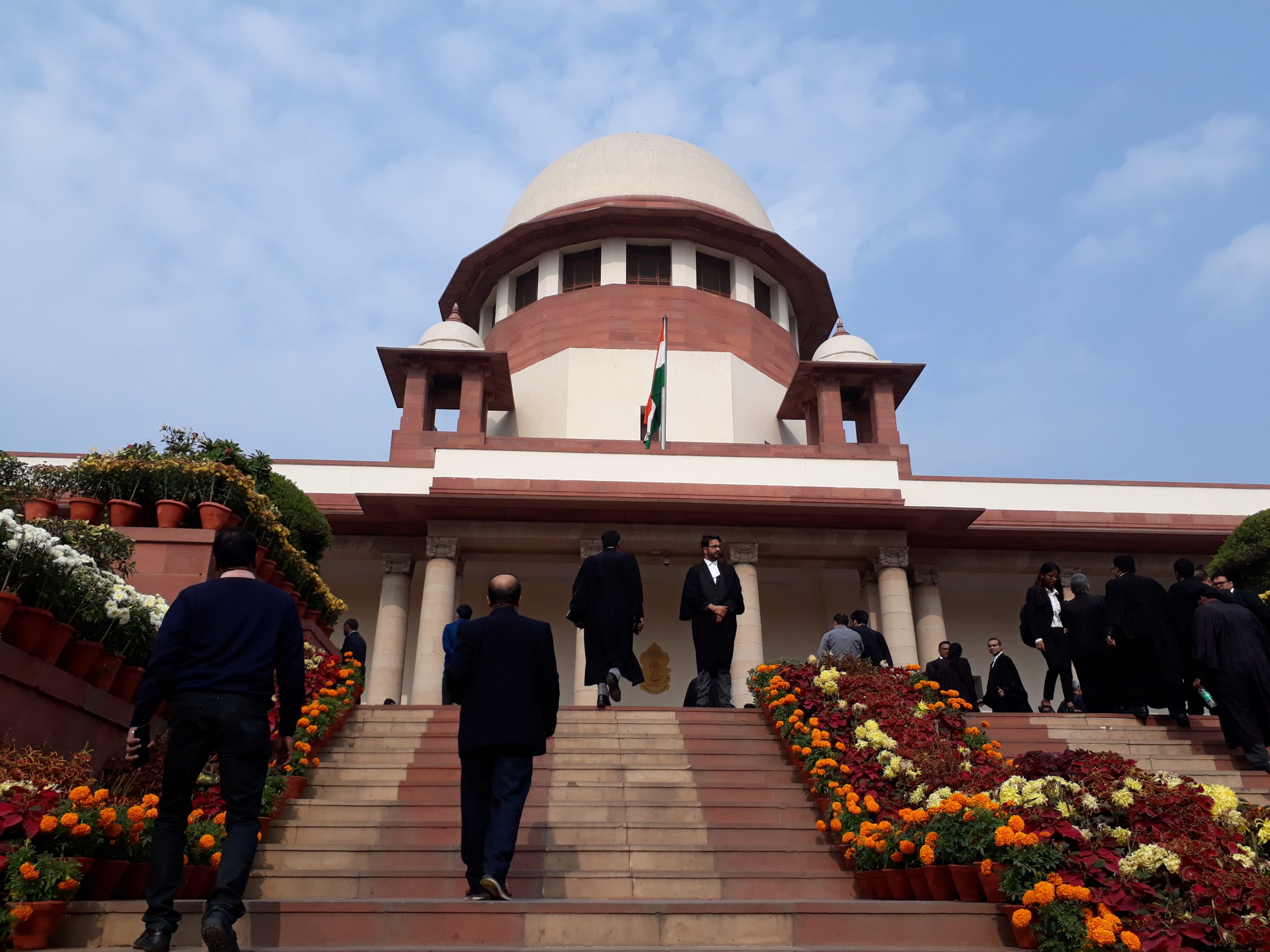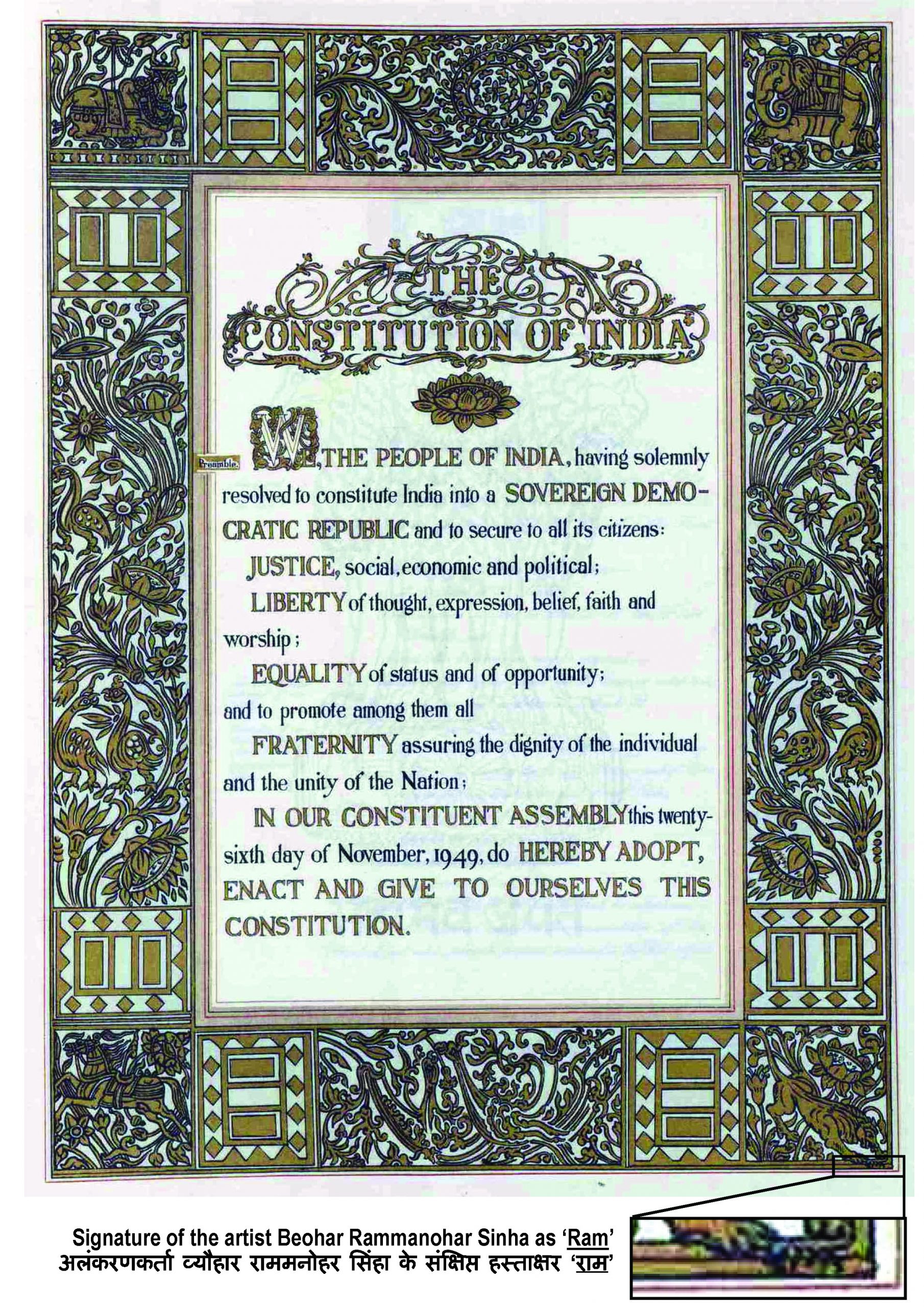
Erosion of the Right to Freedom in Kashmir: How India Violated Established Principles of Constitutional and International Law
Guest Contributor Bhaskar Kumar is a 3rd year student at National Law School of India University, Bangalore. His areas of interest include criminal justice, human rights, constitutionalism and international law. He writes for a number of platforms including law review blogs and media platforms like The Hindu, Live law JILS-NUJS etc.
In anticipation of unrest after altering the special constitutional status of the state of Jammu and Kashmir, the Indian government detained several political leaders and imposed a broad restriction on freedom of movement and press in August 2019.
These restrictions were imposed in the aftermath of abolishing article 370 of Indian Constitution. This article was part of the Constitution of India which provided special status to the state of Jammu and Kashmir. By virtue of this article, the people of Jammu and Kashmir used to enjoy some privileges including exclusive property rights.
The government justified this amendment by considering it a step that ensures the complete integration of the state into...


